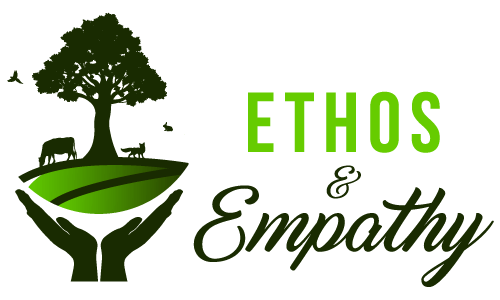Ecology
The term ecology was coined in 1866 by the German biologist, Ernst Haeckel from the Greek words oikos meaning “house” or “dwelling”, and logos meaning “science” or “study”. Thus, ecology is the “study of the relationship between organisms and the environment” but didn’t work more on his idea.
The word “ecology”, however, from the 1970s onwards, also gained political and philosophical significance, as it was adopted by the “ecological movement” that appeared at that time.
Today, when listening to the term “ecology”, people think of a philosophy that focuses on the respect for the environment.
Zero Waste
Zero Waste International Alliance (ZWIA) was established on 2002, the first definition was given on 2004 but on 2009 the following revised definition was adopted:
“Zero Waste is a goal that is ethical, economical, efficient and visionary, to guide people in changing their lifestyles and practices to emulate sustainable natural cycles, where all discarded materials are designed to become resources for others to use.
Zero Waste means designing and managing products and processes to systematically avoid and eliminate the volume and toxicity of waste and materials, conserve and recover all resources, and not burn or bury them.
Implementing Zero Waste will eliminate all discharges to land, water or air that are a threat to planetary, human, animal or plant health.”
The 5 basic principles of Zero Waste lifestyle are the following:
1) Refuse: Refuse consuming anything that you don’t really need, like straws ( #nostrawplease ) or plastic cutlery since they can’t be recycled.
2) Reduce: Reduce your overall consumption. For example replace plastic bags by using your own reusable shopping bags or carry with you a reusable coffee mug for your take away coffee instead of always taking a single use one.
3) Reuse: Reuse the stuff you couldn’t avoid of getting like plastic bags, jars e.t.c.
4) Recycle: Recycle everything that can be recycled including batteries and electrical devices (Place each item in the correct bin).
5) Rot: Compost your organic waste.
For us, to adopt a Zero Waste lifestyle requires to already have an ecological consciousness.
If you are RV-ing, read here how to adopt a zero waste lifestyle in an RV.
